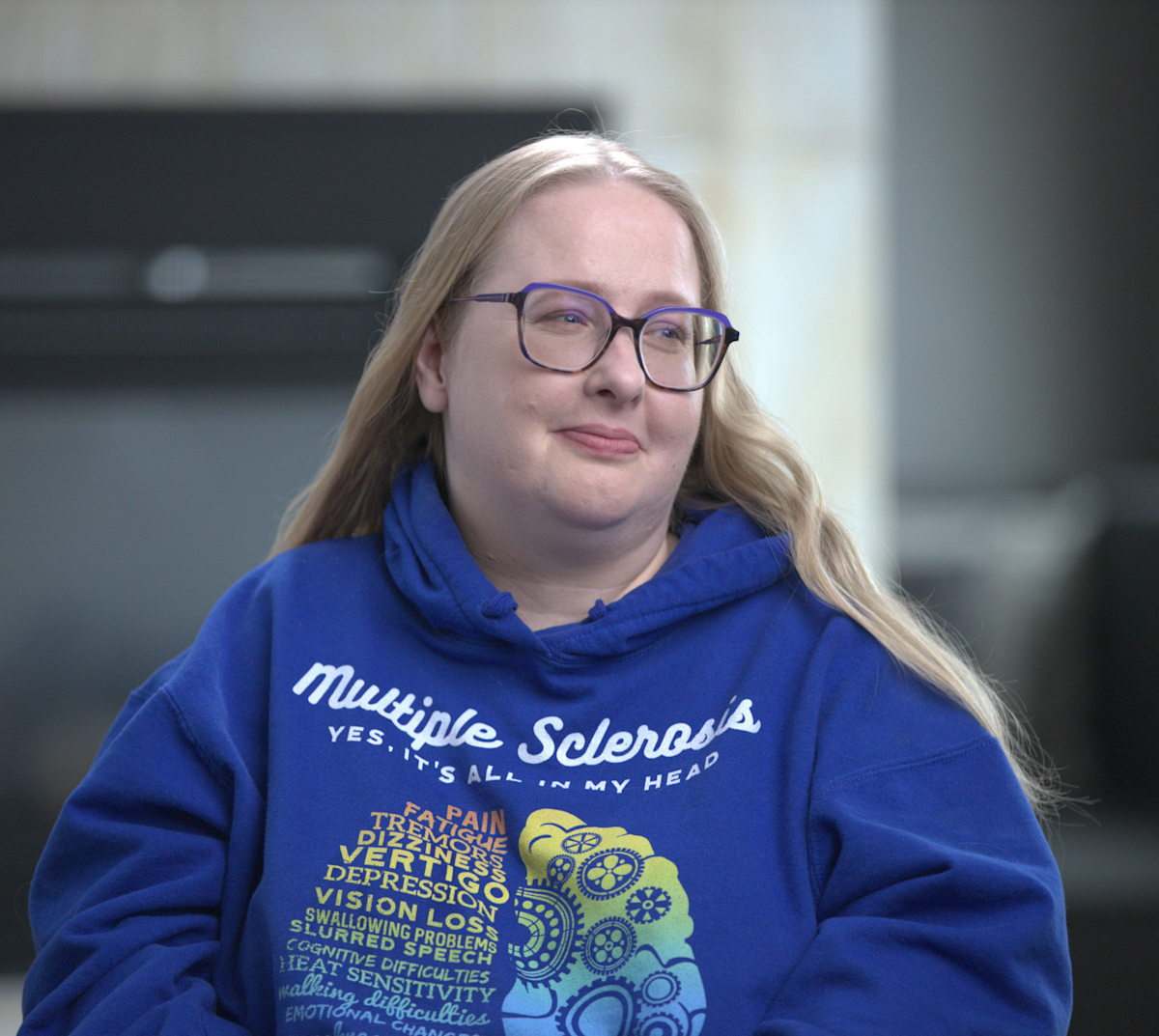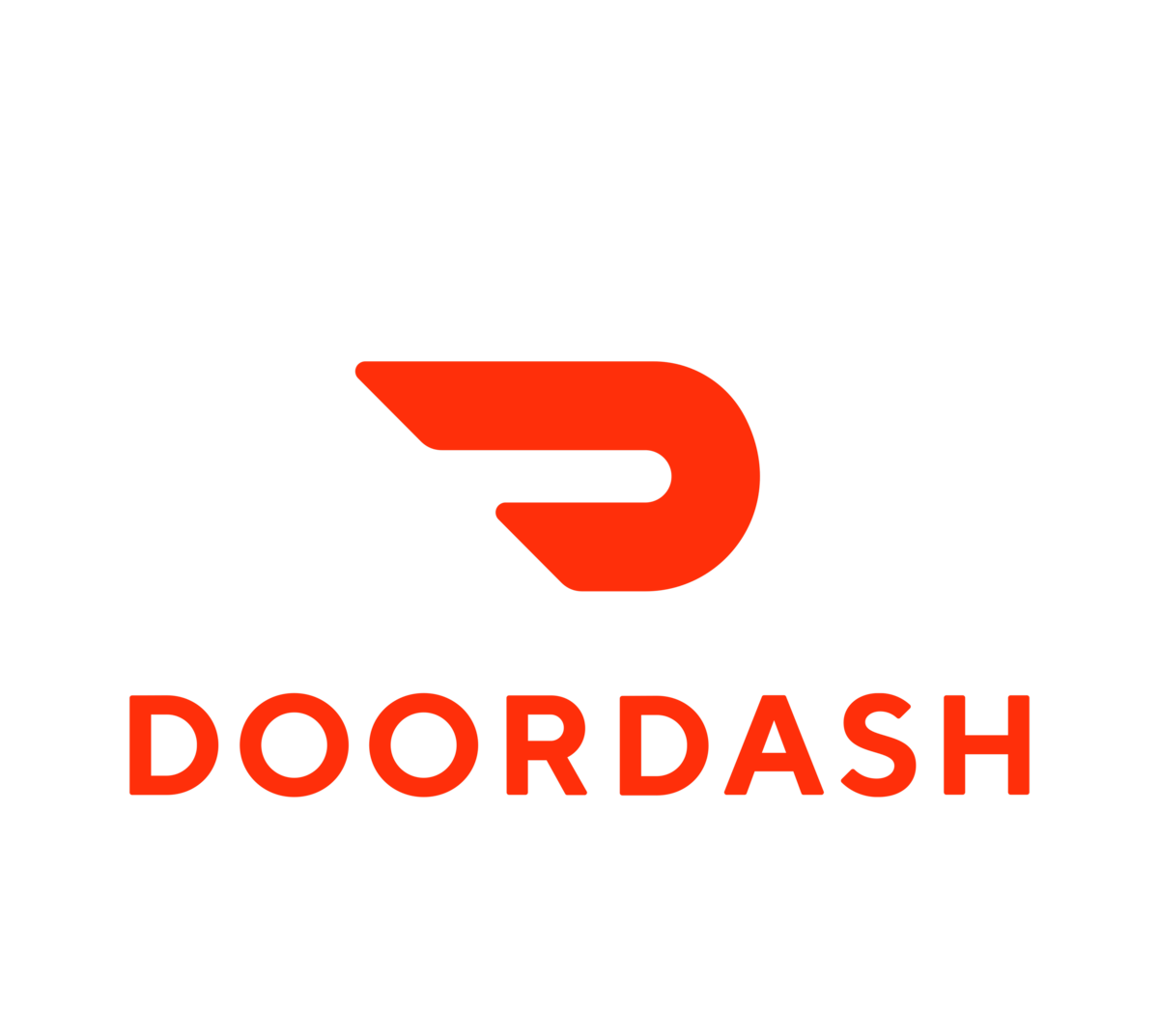Two years ago, everything changed for Tabatha when she received a diagnosis of multiple sclerosis (MS), a chronic disease that affects the brain and spinal cord.
Full-time work just wasn’t possible for her anymore. That’s where DoorDash came in.
“DoorDash is a great opportunity for me because it's easier for me to adapt.”
“DoorDash is a great opportunity for me because it's easier for me to adapt,” says Tabatha. “I can stop when I need to. I don't have to keep going and pushing myself to the edge. I can just make my schedule.”
The extra money that Tabatha earns mostly goes to extracurriculars for her daughter. Sometimes, they dash together.
“I enjoy the time with her when she comes with me,” she says. “It's fun because we get our bonding time—and an extra set of hands for me.”
Whether solo or with her daughter, Tabatha loves getting out and meeting customers.
“I always love to interact with people when I dash—it’s just who I am,” she says. “I love when they get a smile on their faces. It just makes my day a lot better to know that they're happy to get what they needed.”
“The flexibility is very important to me because I never know when I'm going to have a good day or bad day.”
But most of all, she values how dashing fits her life: “The flexibility is very important to me because I never know when I'm going to have a good day or bad day.”
“I would encourage anybody with any chronic illness to look into DoorDash.”


